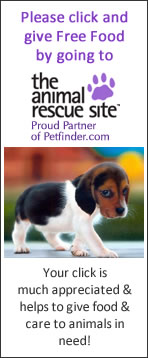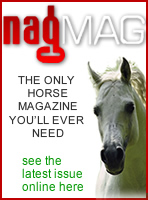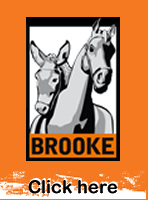
Horseytalk.net Special Interview
Melissa Liszewski
It's so sad to think of just how hard these animals work and that what they need most – water - is actually right there, heavy on their back, but they cannot access it.
Says Melissa Liszewski, Animal Welfare Advisor, The Brooke
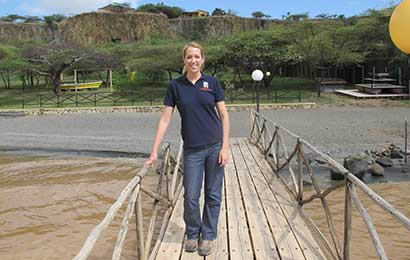 To be honest I'm not 100% sure where I am, but I think we’re in Shashemane.
To be honest I'm not 100% sure where I am, but I think we’re in Shashemane.
I’ve stayed in four different hotels in four different cities since my arrival in Ethiopia. Tomorrow night Addis will mark my 5th and last city.
Melissa Liszewski during
her visit to Ethiopia >>
I have seen both encouraging and tough things during my field visits over the last few days.
The staff and people here are great. It’s really a privilege to be able to work with them.
I am here to help develop equine welfare messages and delivery strategies with the Ethiopian team to motivate owners to improve animal welfare.
The situation for both animals and people here is tough. Women and children march with their donkey(s) for miles and miles each day to collect water from an NGO-funded pump that relies on an intermittent supply of electricity.
This is their only source of clean water. If they're lucky, the hardworking donkeys who trudge long hours to fetch this water get a sip of it upon arrival.
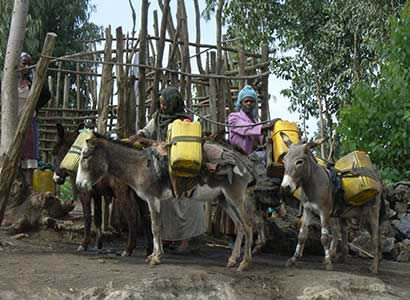 Yet as they wait with their legs tied tightly together (so they don't run away) for up to 8 hours, as their owners fill heavy jugs of water, there is no shade. During the dry season water is so scarce that it often takes this long just waiting in line to collect a few jugs of water.
Yet as they wait with their legs tied tightly together (so they don't run away) for up to 8 hours, as their owners fill heavy jugs of water, there is no shade. During the dry season water is so scarce that it often takes this long just waiting in line to collect a few jugs of water.
It's so sad to think of just how hard these animals work and that what they need most – water - is actually right there, heavy on their back, but they cannot access it.
Without these donkeys though, women and children would need to make another one or two long trips per day.
As you can tell, it's really tough for animals and people alike yet they constantly depend upon one another for survival.
This is not to minimise the struggle of the people but simply to raise the profile of their faithful assistants.
After field observations I sat down with the local team to brainstorm new ideas to motivate equine owners to improve animal welfare.
Most of the things we are asking owners to do to improve the animals' lives is free.
We ask them to clean wounds with water and a bit of salt rather than hyena faeces and used motor oil - yes, this is a traditional treatment!
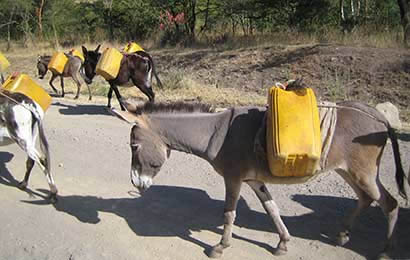 We also ask them not to beat the animals, and to tie them up under a tree rather than under direct sunlight.
We also ask them not to beat the animals, and to tie them up under a tree rather than under direct sunlight.
If nothing else, I know there are a few concrete moments when I made a real difference in the lives of animals.
At a local market, I ensure that an exhausted fallen cart donkey is helped up out of a mud hole rather than being beaten out as the little boy handling him was attempting to do, get a few tied up and heat-stressed sheep moved to a shady spot and get much-too-tightly tied ropes loosened on a donkeys' legs.
I think it's important to celebrate these small moments of comfort provided for the animals who work so hard for the benefit of people.
It is my belief that anything we do to minimise the suffering - any suffering - in this world will ultimately make it a better place.
Melissa Liszewski during her visit to Ethiopia.
